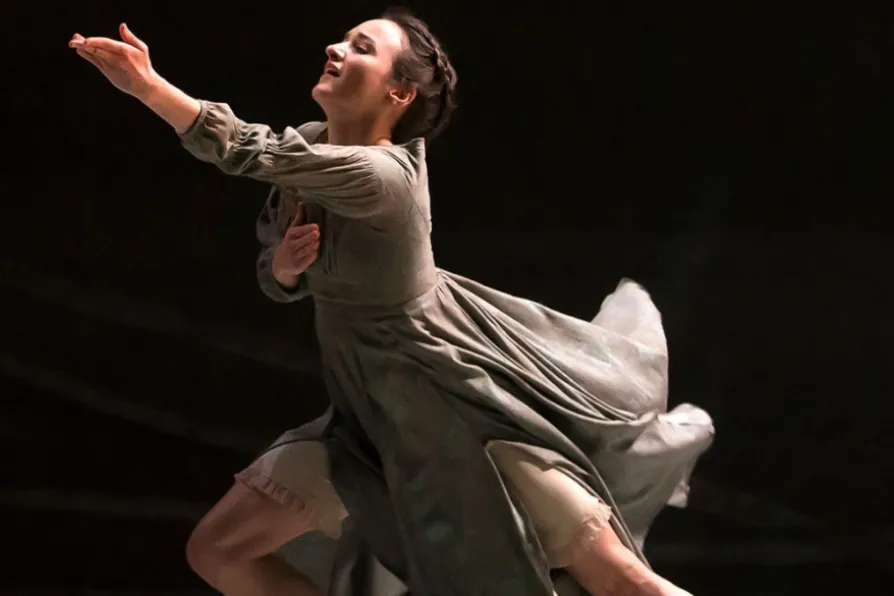RITA DI SANTO draws attention to a new film that features Ken Loach and Jeremy Corbyn, and their personal experience of media misrepresentation
Feminist intent, uneven impact
A contemporary interpretation of Jane Eyre doesn't quite hit the mark for SUSAN DARLINGTON

 Independent spirit: Dreda Blow as Jane Eyre
[Emma Kauldhar]
Independent spirit: Dreda Blow as Jane Eyre
[Emma Kauldhar]
Jane Eyre
Leeds Grand Theatre
Touring
THERE have been so many theatrical adaptations of Charlotte Bronte's Jane Eyre that finding a truly original interpretation is no easy task.
Thus it proves with Cathy Marston’s dance theatre production for Northern Ballet, nominated for the South Bank Sky Arts Dance Award last year, which uneasily balances the traditional with the feminist.
Jane Eyre, represented at different ages by Dreda Blow and Antoinette Brooks-Daw, is shown as an independent spirit from the start. With fists clenched and head bowed, she stoically rebels against the cruelties inflicted on her by her aunt Mrs Read and the rigours of Lowood School.
Similar stories

PETER MASON is wowed (and a little baffled) by the undeniably ballet-like grace of flamenco

MARY CONWAY is disappointed by characters so un-nuanced as to be unreal, a stereotypical plot and a conceptual vampire

MATTHEW HAWKINS appreciates an interpretation in dance of James Baldwin’s landmark novel of doomed homosexual desire

SUSAN DARLINGTON applauds the translation of Jane Eyre into a ballet that preserves the drama of her formative years










